Boiler power plants are significant contributors to local economies, providing numerous benefits but also posing certain challenges. This blog explores the economic impact of boiler power plants on local communities, highlighting job creation, economic opportunities, and potential challenges, along with strategies to address them.
Contributions to Local Economies
- Job Creation
- Direct Employment: Boiler power plants create jobs for engineers, technicians, operators, and administrative staff.
- Indirect Employment: Supporting industries, such as fuel suppliers, maintenance services, and transportation, also benefit from power plant operations.
- Economic Development
- Local Businesses: Power plants often contract with local suppliers and service providers, boosting the local economy.
- Infrastructure Development: Investments in infrastructure improvements, such as roads and utilities, benefit the community.
- Tax Revenues
- Property and Sales Taxes: Power plants contribute to local tax revenues, which can be used for community development projects, education, and public services.
Economic Opportunities
- Skills Development
- Training Programs: Power plants often offer training and apprenticeship programs, enhancing the skill sets of the local workforce.
- Educational Partnerships: Collaborations with local educational institutions to provide specialized training and research opportunities.
- Community Investment
- Corporate Social Responsibility (CSR): Many power plants engage in CSR activities, such as funding local schools, healthcare facilities, and recreational projects.
- Community Engagement: Active involvement in community development initiatives, fostering a positive relationship with local residents.
Potential Challenges
- Environmental Concerns
- Pollution: Emissions and waste from power plants can impact air and water quality, posing health risks to the local community.
- Land Use: The land required for power plant operations can lead to displacement or reduced availability for other uses.
- Economic Dependence
- Single Industry Dependency: Communities heavily reliant on a single power plant may face economic challenges if the plant closes or reduces operations.
- Volatile Energy Markets: Fluctuations in energy prices and demand can impact the stability of local economies.
Strategies to Address Challenges
- Environmental Mitigation
- Emission Controls: Implementing advanced pollution control technologies to minimize emissions.
- Waste Management: Developing effective waste management systems to reduce environmental impact.
- Economic Diversification
- Promoting Other Industries: Encouraging the growth of other industries to reduce dependence on the power plant.
- Small Business Support: Providing incentives and support for local entrepreneurs and small businesses.
- Community Involvement
- Stakeholder Engagement: Involving local residents in decision-making processes related to power plant operations and development.
- Transparency and Communication: Maintaining open lines of communication with the community to address concerns and share information about plant activities.
Conclusion
Boiler power plants play a crucial role in local economic development, offering significant benefits through job creation, economic opportunities, and infrastructure investments. By addressing environmental concerns and fostering economic diversification, these plants can continue to support and enhance the well-being of local communities.

